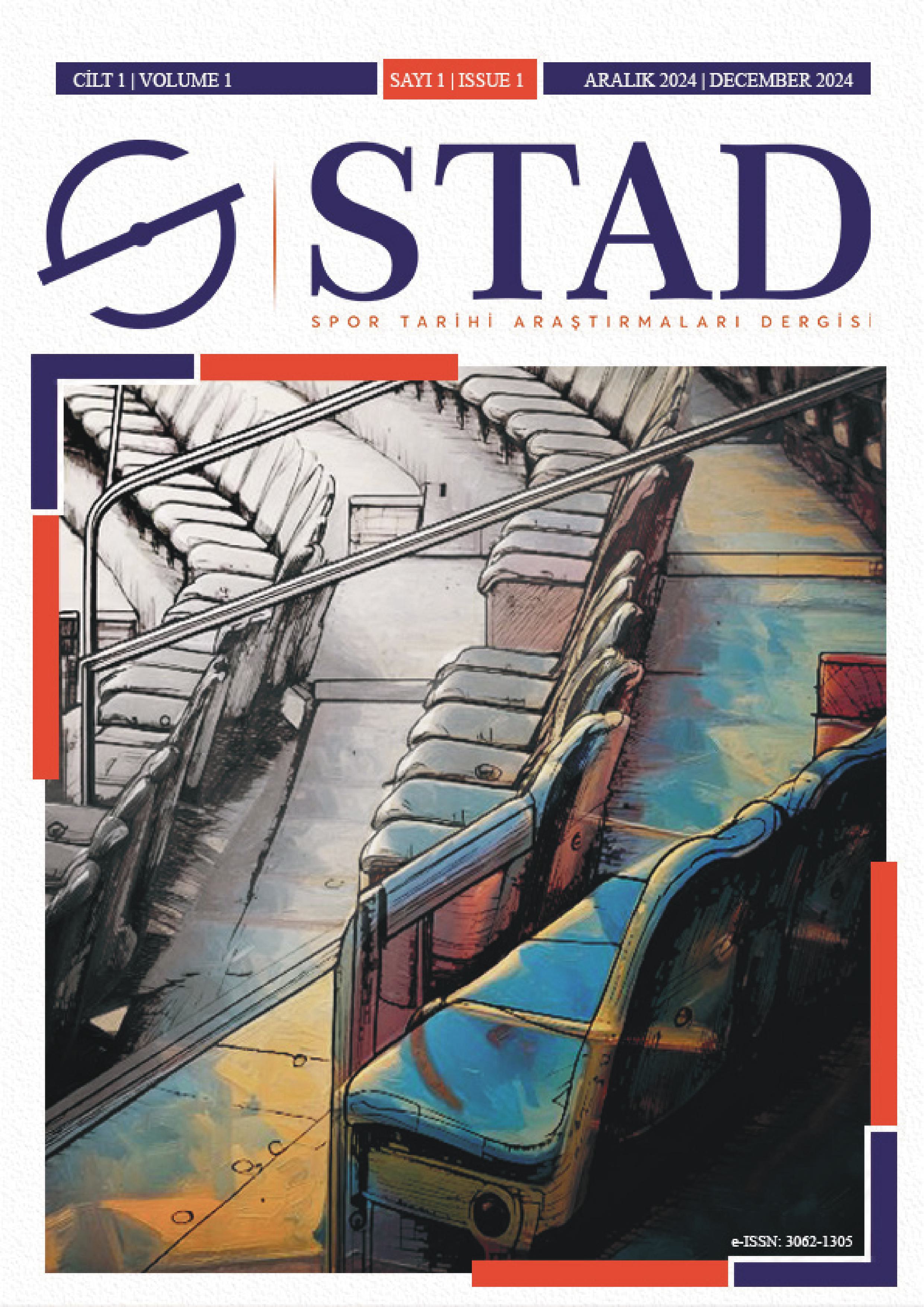Author :
Abstract
Türkiye’deki spor kulüplerinin yapısal ve finansal “evrimi” ironisini ele alan bu çalışma mevcut hukuki düzenlemelerin kulüpler üzerindeki etkilerini ortaya koymak ve bu sorunlara köklü çözümler önermeyi amaçlamaktadır. Bu kapsamda, spor kulüplerinin hukuki yapıları, tüzel kişilik kazanma süreçleri ve spor sektöründeki kâr amacı gütmeyen yaklaşımın kulüpler üzerindeki etkileri tarihsel bir perspektifle ele alınmıştır. Spor kulüplerinin dernek statüsünden çıkarılması ve “Spor Kulübü Tüzel Kişiliği” ile kurumsal bir yapıya geçirilmesinin yönetim, mali süreçler ve şeffaflık açısından olumlu etkileri olsa da bu yapının kulüplerin ticarileşmesi üzerindeki kısıtlayıcı etkilerini tam anlamıyla ortadan kaldırmadığı görülmektedir. Bu nedenle, spor kulüplerinin KOBİ olarak kurulabilmesinin vurgulayan KOBİ’leşme önerisi sunulmuş ve bu yapının kulüplere daha esnek, sürdürülebilir ve yatırım dostu bir altyapı sunabileceği tartışılmıştır. Spor kulüplerinin sürdürülebilirliğini artırarak sporun tabana yayılmasına katkı sağlaması ve mevcut hukuki engellerin aşılmasına yönelik özgün bir çözüm önerisi sunması bakımından önem arz eden çalışma, spor kulüplerinin KOBİ’leşmesi süreci ile ilgili ilk çalışmalardan biri olması ile de literatüre yeni bir bakış açısı kazandırmayı hedeflemiştir. Yapılan düzenlemelere dair bilgiler de göstermiştir ki dernek statüsü ya da benzer yapılardan spor kulüpleri kurtulamamış şirketleşseler dahi bu yapı devam etmiştir. Çalışmada, spor kulüplerinin mevcut hukuki yapılarının ticarileşme ve ekonomik büyümelerini sınırladığı, bu engelin aşılması için KOBİ statüsüne kavuşturulmalarının sporun ticarileşmesi ve kulüplerin uzun vadeli sürdürülebilirliği için kritik bir adım olacağı sonucuna ulaşılmıştır.
Keywords
Abstract
This paper, which examines the paradoxical developments in the structural and financial ‘evolution’ of sports clubs in Türkiye, looks to elucidate the impact of the extant legal regulations on the clubs and to put forth radical solutions to these issues. In this context, the legal structures of sports clubs, the processes of gaining legal personality, and the effects of the non-profit approach in the sports sector on clubs are analysed from a historical perspective. While the transition of sports clubs from an association to an institutional structure, designated as the ‘Sports Club Legal Entity’, has yielded positive outcomes in terms of management, financial processes, and transparency, it has become evident that this structure has not entirely mitigated the constraints imposed on the commercialisation of clubs. Considering the considerations, the SMEisation proposal is put forth, which posits that sports clubs can be established as SMEs. It is argued that this structure can offer a more flexible, sustainable, and investment-friendly infrastructure to clubs. The study makes a significant contribution to the field of sports studies by exploring the potential of the SMEisation process to enhance the sustainability of sports clubs and overcome the existing legal obstacles. It offers a novel perspective on the literature on this topic, as it is one of the first studies to examine the SMEisation of sports clubs. Furthermore, the information on the regulations has shown that sports clubs are unable to divest themselves of their association status or analogous structures, even after incorporation. The study concludes that the extant legal structures of sports clubs constrain their commercialisation and economic growth. Consequently, their transformation into SMEs stands for a pivotal step for the commercialisation of sports and the long-term sustainability of the clubs.





